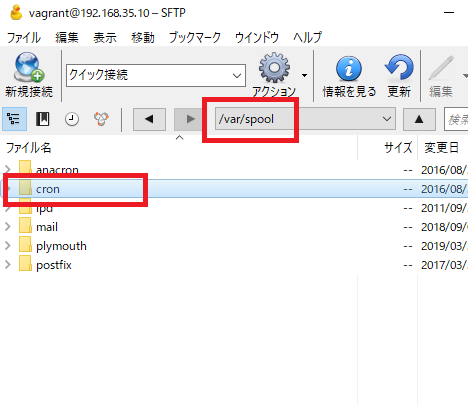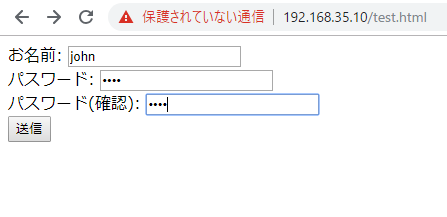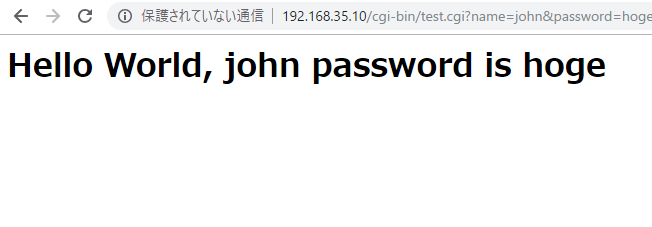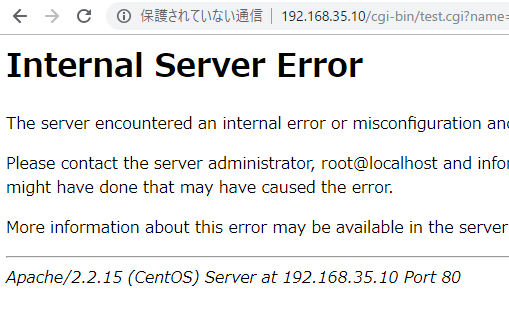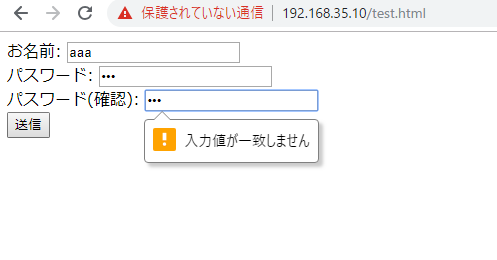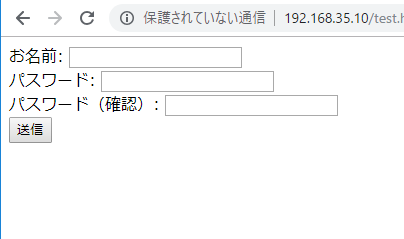ps: Check the processes currently running on Linux
a: display the process of terminal operation
f(option -h, option-forest): display processes in a hierarchy
e: display the command name and environment, variables being executed.
[vagrant@localhost ~]$ ps -aef
UID PID PPID C STIME TTY TIME CMD
root 1 0 0 Mar24 ? 00:00:00 /sbin/init
root 2 0 0 Mar24 ? 00:00:00 [kthreadd]
root 3 2 0 Mar24 ? 00:00:00 [migration/0]
root 4 2 0 Mar24 ? 00:00:00 [ksoftirqd/0]
root 5 2 0 Mar24 ? 00:00:00 [stopper/0]
root 6 2 0 Mar24 ? 00:00:00 [watchdog/0]
root 7 2 0 Mar24 ? 00:01:54 [events/0]
root 8 2 0 Mar24 ? 00:00:00 [events/0]
root 9 2 0 Mar24 ? 00:00:00 [events_long/0]
root 10 2 0 Mar24 ? 00:00:00 [events_power_ef]
root 11 2 0 Mar24 ? 00:00:00 [cgroup]
root 12 2 0 Mar24 ? 00:00:00 [khelper]
root 13 2 0 Mar24 ? 00:00:00 [netns]
root 14 2 0 Mar24 ? 00:00:00 [async/mgr]
root 15 2 0 Mar24 ? 00:00:00 [pm]
root 16 2 0 Mar24 ? 00:00:00 [sync_supers]
root 17 2 0 Mar24 ? 00:00:00 [bdi-default]
root 18 2 0 Mar24 ? 00:00:00 [kintegrityd/0]
root 19 2 0 Mar24 ? 00:00:03 [kblockd/0]
root 20 2 0 Mar24 ? 00:00:00 [kacpid]
root 21 2 0 Mar24 ? 00:00:00 [kacpi_notify]
root 22 2 0 Mar24 ? 00:00:00 [kacpi_hotplug]
root 23 2 0 Mar24 ? 00:00:00 [ata_aux]
root 24 2 0 Mar24 ? 00:00:00 [ata_sff/0]
root 25 2 0 Mar24 ? 00:00:00 [ksuspend_usbd]
root 26 2 0 Mar24 ? 00:00:00 [khubd]
root 27 2 0 Mar24 ? 00:00:00 [kseriod]
root 28 2 0 Mar24 ? 00:00:00 [md/0]
root 29 2 0 Mar24 ? 00:00:00 [md_misc/0]
root 30 2 0 Mar24 ? 00:00:00 [linkwatch]
root 33 2 0 Mar24 ? 00:00:00 [khungtaskd]
root 34 2 0 Mar24 ? 00:00:00 [lru-add-drain/0]
root 35 2 0 Mar24 ? 00:00:01 [kswapd0]
root 36 2 0 Mar24 ? 00:00:00 [ksmd]
root 37 2 0 Mar24 ? 00:00:00 [aio/0]
root 38 2 0 Mar24 ? 00:00:00 [crypto/0]
root 45 2 0 Mar24 ? 00:00:00 [kthrotld/0]
root 47 2 0 Mar24 ? 00:00:00 [kpsmoused]
root 48 2 0 Mar24 ? 00:00:00 [usbhid_resumer]
root 49 2 0 Mar24 ? 00:00:00 [deferwq]
root 81 2 0 Mar24 ? 00:00:00 [kdmremove]
root 82 2 0 Mar24 ? 00:00:00 [kstriped]
root 186 2 0 Mar24 ? 00:00:00 [scsi_eh_0]
root 188 2 0 Mar24 ? 00:00:00 [scsi_eh_1]
root 214 2 0 Mar24 ? 00:00:00 [scsi_eh_2]
root 262 2 0 Mar24 ? 00:00:00 [kdmflush]
root 264 2 0 Mar24 ? 00:00:00 [kdmflush]
root 332 2 0 Mar24 ? 00:00:02 [jbd2/dm-0-8]
root 333 2 0 Mar24 ? 00:00:00 [ext4-dio-unwrit]
root 338 2 0 Mar24 ? 00:00:01 [flush-253:0]
root 409 1 0 Mar24 ? 00:00:00 /sbin/udevd -d
root 513 2 0 Mar24 ? 00:00:00 [iprt-VBoxWQueue]
root 708 2 0 Mar24 ? 00:00:00 [jbd2/sda1-8]
root 709 2 0 Mar24 ? 00:00:00 [ext4-dio-unwrit]
root 771 2 0 Mar24 ? 00:00:00 [kauditd]
root 963 1 0 Mar24 ? 00:00:00 /sbin/dhclient -1 -q -cf /etc/dh
root 1148 1 0 Mar24 ? 00:00:00 auditd
root 1170 1 0 Mar24 ? 00:00:00 /sbin/rsyslogd -i /var/run/syslo
rpc 1192 1 0 Mar24 ? 00:00:00 rpcbind
rpcuser 1214 1 0 Mar24 ? 00:00:00 rpc.statd
root 1318 1 0 Mar24 ? 00:00:46 /usr/sbin/VBoxService –pidfile
root 1357 1 0 Mar24 ? 00:00:00 /usr/sbin/sshd
root 1392 1 0 Mar24 ? 00:00:00 /bin/sh /usr/bin/mysqld_safe –d
mysql 1632 1392 0 Mar24 ? 00:01:03 /usr/sbin/mysqld –basedir=/usr
root 2246 1 0 Mar24 ? 00:00:00 /usr/libexec/postfix/master
postfix 2250 2246 0 Mar24 ? 00:00:00 qmgr -l -t fifo -u
root 2370 1 0 Mar24 ? 00:00:06 /usr/sbin/httpd
root 2614 1 0 Mar24 ? 00:00:00 crond
jenkins 3741 1 0 Mar24 ? 00:05:14 /etc/alternatives/java -Dcom.sun
root 4085 1 0 Mar24 tty1 00:00:00 /sbin/mingetty /dev/tty1
root 4087 1 0 Mar24 tty2 00:00:00 /sbin/mingetty /dev/tty2
root 4091 1 0 Mar24 tty3 00:00:00 /sbin/mingetty /dev/tty3
root 4096 1 0 Mar24 tty4 00:00:00 /sbin/mingetty /dev/tty4
root 4098 1 0 Mar24 tty5 00:00:00 /sbin/mingetty /dev/tty5
root 4100 1 0 Mar24 tty6 00:00:00 /sbin/mingetty /dev/tty6
root 4132 409 0 Mar24 ? 00:00:00 /sbin/udevd -d
root 4133 409 0 Mar24 ? 00:00:00 /sbin/udevd -d
root 10290 1357 0 18:51 ? 00:00:00 sshd: vagrant [priv]
vagrant 10292 10290 0 18:51 ? 00:00:00 sshd: vagrant@notty
vagrant 10293 10292 0 18:51 ? 00:00:00 /usr/libexec/openssh/sftp-server
root 10300 1357 0 18:53 ? 00:00:00 sshd: vagrant [priv]
vagrant 10302 10300 0 18:53 ? 00:00:00 sshd: vagrant@notty
vagrant 10303 10302 0 18:53 ? 00:00:00 /usr/libexec/openssh/sftp-server
root 10320 1357 0 19:04 ? 00:00:00 sshd: vagrant [priv]
vagrant 10322 10320 0 19:04 ? 00:00:00 sshd: vagrant@pts/0
vagrant 10323 10322 0 19:04 pts/0 00:00:00 -bash
postfix 10798 2246 0 19:47 ? 00:00:00 pickup -l -t fifo -u
apache 10930 2370 0 19:54 ? 00:00:00 /usr/sbin/httpd
apache 10931 2370 0 19:54 ? 00:00:00 /usr/sbin/httpd
apache 10932 2370 0 19:54 ? 00:00:00 /usr/sbin/httpd
apache 10933 2370 0 19:54 ? 00:00:00 /usr/sbin/httpd
apache 10934 2370 0 19:54 ? 00:00:00 /usr/sbin/httpd
apache 10935 2370 0 19:54 ? 00:00:00 /usr/sbin/httpd
apache 10936 2370 0 19:54 ? 00:00:00 /usr/sbin/httpd
apache 10937 2370 0 19:54 ? 00:00:00 /usr/sbin/httpd
root 11000 1357 0 20:21 ? 00:00:00 sshd: vagrant [priv]
vagrant 11002 11000 0 20:21 ? 00:00:00 sshd: vagrant@pts/1
vagrant 11003 11002 0 20:21 pts/1 00:00:00 -bash
vagrant 11425 11003 0 20:26 pts/1 00:00:00 ps -aef
なにこれ?こんなに走ってるの? httpdぐらいかと思ったらww
さー今日は225が-700くらい付けてますが、今日も頑張りますかー
